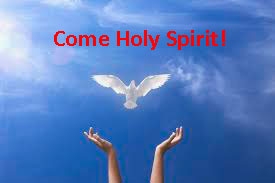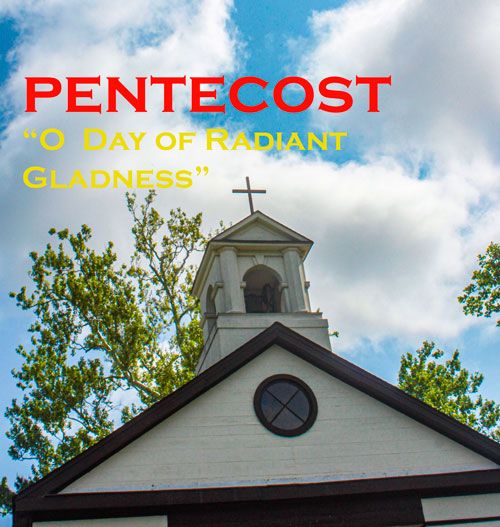
In 2021, St. Peter’s fundraising contributed $3,000 for the school project. Here is the presentation from that trip.
A mission trip was organized to setup the school distribution. The supplies were sent ahead of the distribution.
In 2023 we are refreshing the supplies as well as moving to supply additional items, like computers. This year only Andrea, Ken and Laura will be going to deliver the supplies.
Background
Donate here
Victoria Primary School, formerly Victoria All-Age is located in North West St. Catherine about two (2) miles from the major town of Linstead in the farming community of Victoria. Victoria, along with the adjoining community of Banbury, where most of the children are from, has a populace of over 20,000.
Approximately 10 % of the adult population is dependent on farming for a living, some of the produce from this activity is sold at the Linstead Market and the remainder kept for domestic use. Another 30% depends on vending as their main means of livelihood, 40% is employed while the remaining 20% is unemployed.
The current parent population is very young with the average age being about 25 years. Most of them have attained secondary level of education but have not moved on to tertiary learning but instead have acquired a skill in order to become employable.
The school was originally a shift school, an elementary. It was built to house about 200 children. At the time of the 2021 mission trip school population it was 330
At the beginning of each school year, some parents often have financial challenges in purchasing items to send their children back to school. Some of these include the purchasing of school bags, writing books, pencils and uniforms etc. There are times when past students will assist in purchasing some of these items.



